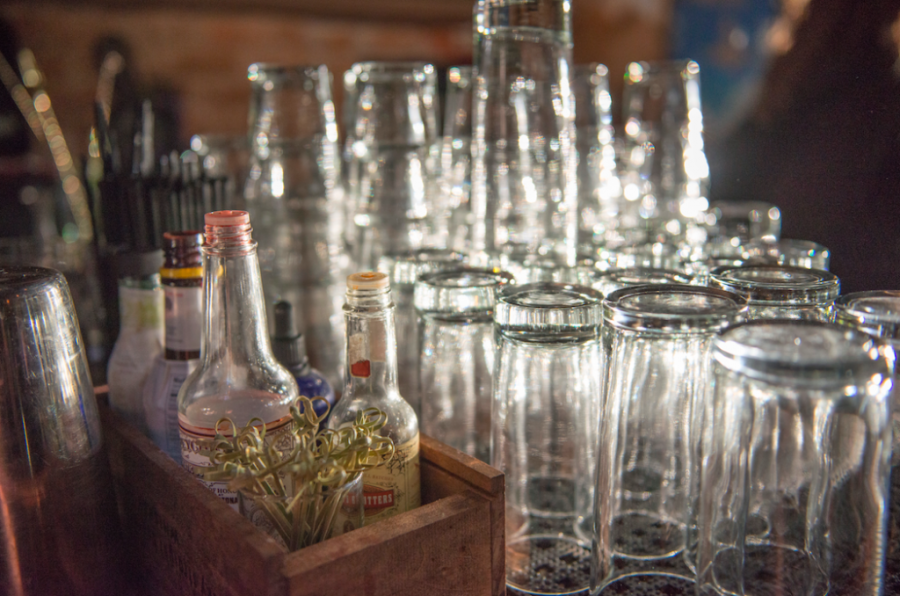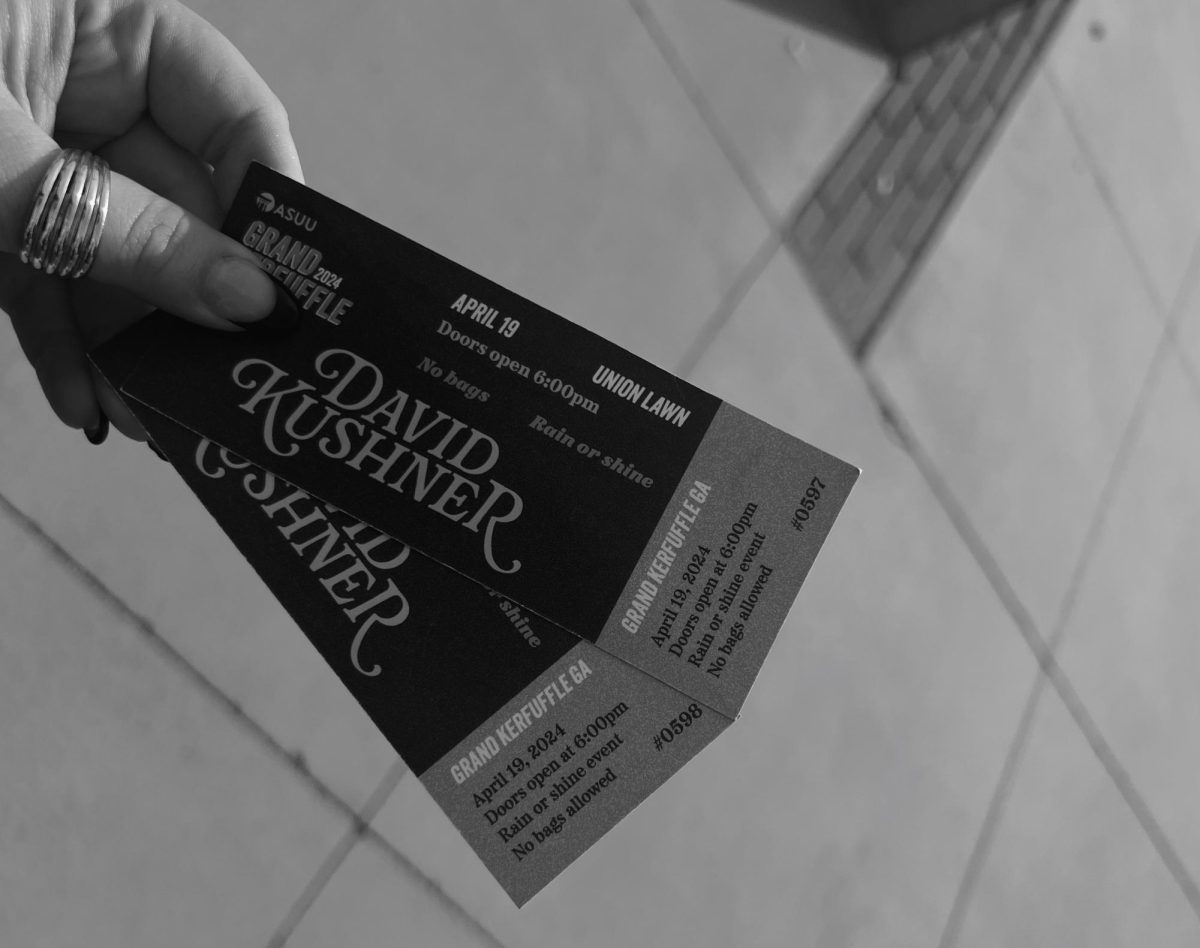Opinion Desk: Drinking Safe and Sound
October 1, 2017
The transition between high school and college is where many young adults are introduced to alcohol. Here are a few pieces of responsible advice from the opinion desk.
Learning Your Limits
As you go through college and start drinking, you will have those nights where you pass out, throw up and say, “I’m never going to drink again.” This usually is completely false and the next weekend you will in fact be drinking again. But the best thing you can do is to learn your limit. Also, learn your alcohol. After having a horrible experience with Jager, I will never drink it again. I do enjoy socially drinking, however. I hated wine when I was in my early 20s, and now that’s mostly all I drink. Your taste will change and so will your limit. You just need to learn how your body reacts and feels after a certain amount. I know how much I can drink based off what I ate that day, what alcohol it is and how my body will react to it. It’s mostly “practice,” but also knowing your body. Drinking can be fun, but it can also ruin things. My advice is to not push yourself to unknown limits. Have fun, find what you like and know your body.
– Autumn Barney
Staying Safe
The way most colleges address student drinking is to not address it at all. Instead of regulating the drinking, partying and reckless behavior that college students often engage in, administrators at the University of Utah and other schools push these concerns to the back of their minds and far away from campus and university property. College may be a place for young adults to develop independence and a sense of personal responsibility, but god forbid a 21-year-old be allowed to drink in their dorm room.
This creates a dissonance between students and their school and an adversarial relationship where students feel like they have to hide aspects of their personal lives. As a result, students are often forced into compromising and vulnerable situations. Instead of drinking safely in their dorm room, a student might go drink at a stranger’s apartment. If a student is sexually assaulted on campus, they will be hesitant to report the incident to the school or police if alcohol was involved.
Universities and colleges implement “dry campus” policies to promote safety and discourage irresponsible behavior. A better way to protect students would be to regulate the problem rather than to pretend it doesn’t exist. My advice isn’t as much for students as it is for U administrators: create a safe campus climate where students feel comfortable coming forward to report assault.
– Connor Richards
Hangover Cure
Now that you’ve been versed in our staff’s safe and foolproof drinking methods and advice, it’s time to address the aftermath: the infamous hangover.
You’ve heard people talk about it, and maybe you’ve woken up to a roommate or two knelt at the mercy of a toilet bowl, mustering incoherent moans that echo around the porcelain throne between hurls. For those who don’t have experience holding a friend’s hair back or haven’t been blessed with the genes to resist these painful post-party consequences, it’s important that you tackle your next adult adventure equipped with tips on how to manage, and even cure, your post-drinking ailments.
I tend, personally, to prefer the “healthier” tactics for combating the side effects of alcohol consumption. For me, the best remedy after a long night out is, first of all, to get enough sleep. Drinking aside, have you ever woken up after only getting a few hours of shut-eye and felt like you may as well have been hit by a train? Well, imagine that amplified by immense dehydration, a physical hammering from the assortment of hard liquors that graced your liver and whatever beating you put your body through when you were hopping fences and getting into fights under the notion that you were “invincible” because you couldn’t feel pain through the numbness of your intoxication.
Once you’ve gotten about seven or so hours of sleep, wake yourself up and get a water chug under your belt to begin reversing your body’s dehydration. Then, go back to bed because you’re likely still not in a state to tackle your day. I usually sleep for another couple hours. Once you’ve dragged yourself out of bed again, grab a second bottle of water, this time with a few over-the-counter anti-inflammatories and hit the gym. I realize not everyone works out or enjoys exercising, but the best method I’ve found to beating a hangover, after rehydration, is cardio and a shower — works every time. But if a throbbing headache and uncomfortable levels of light sensitivity sound more appealing than a treadmill, I suppose a round of 10 a.m. shots and a mountain of cheesy hash browns should also do the trick.
– Emma Tanner







